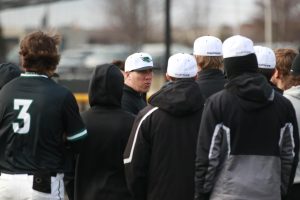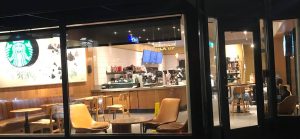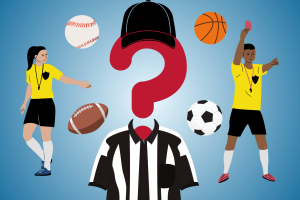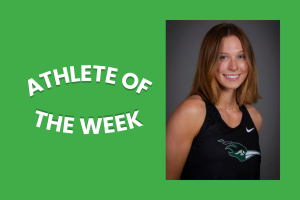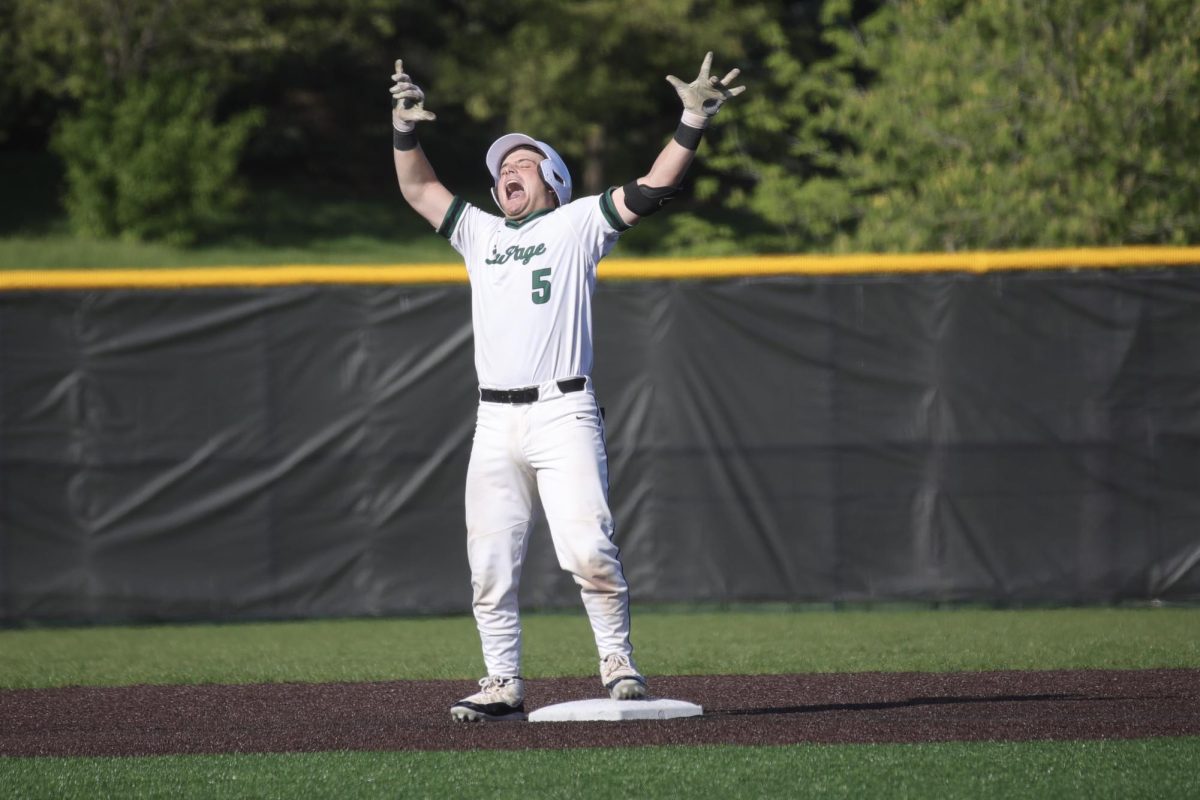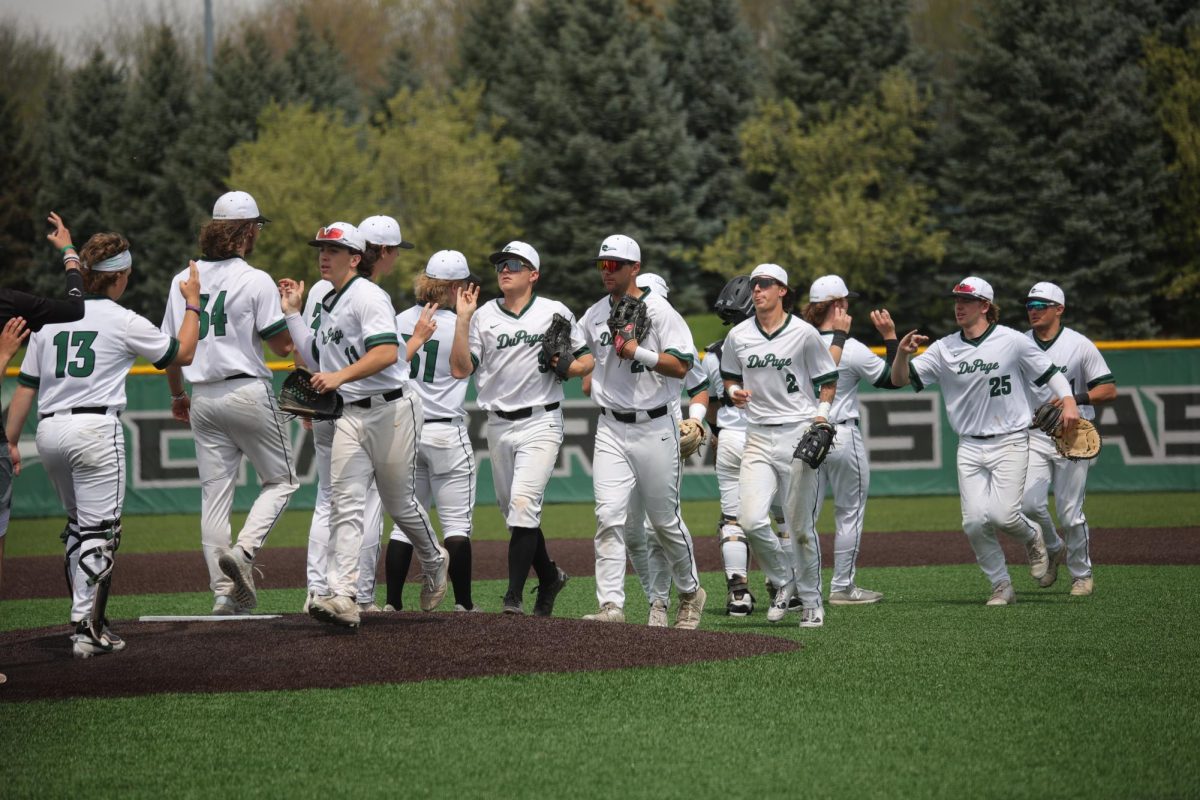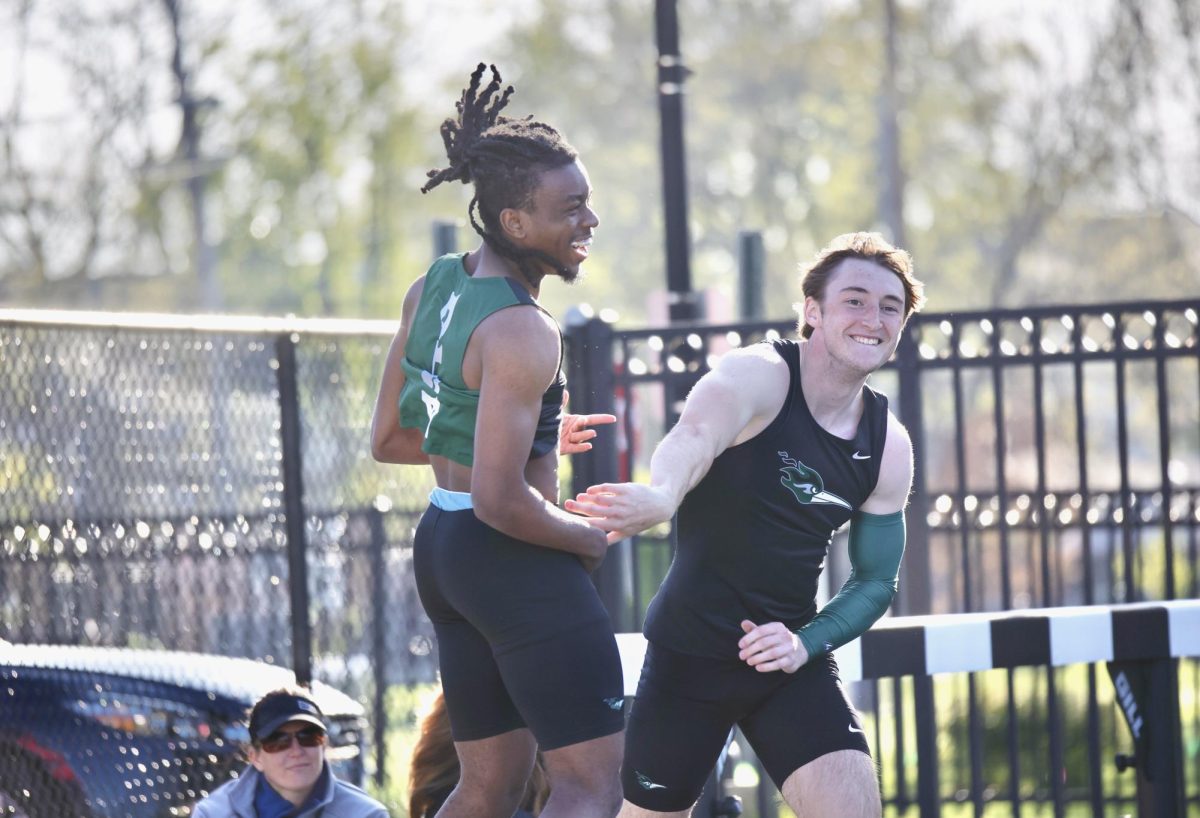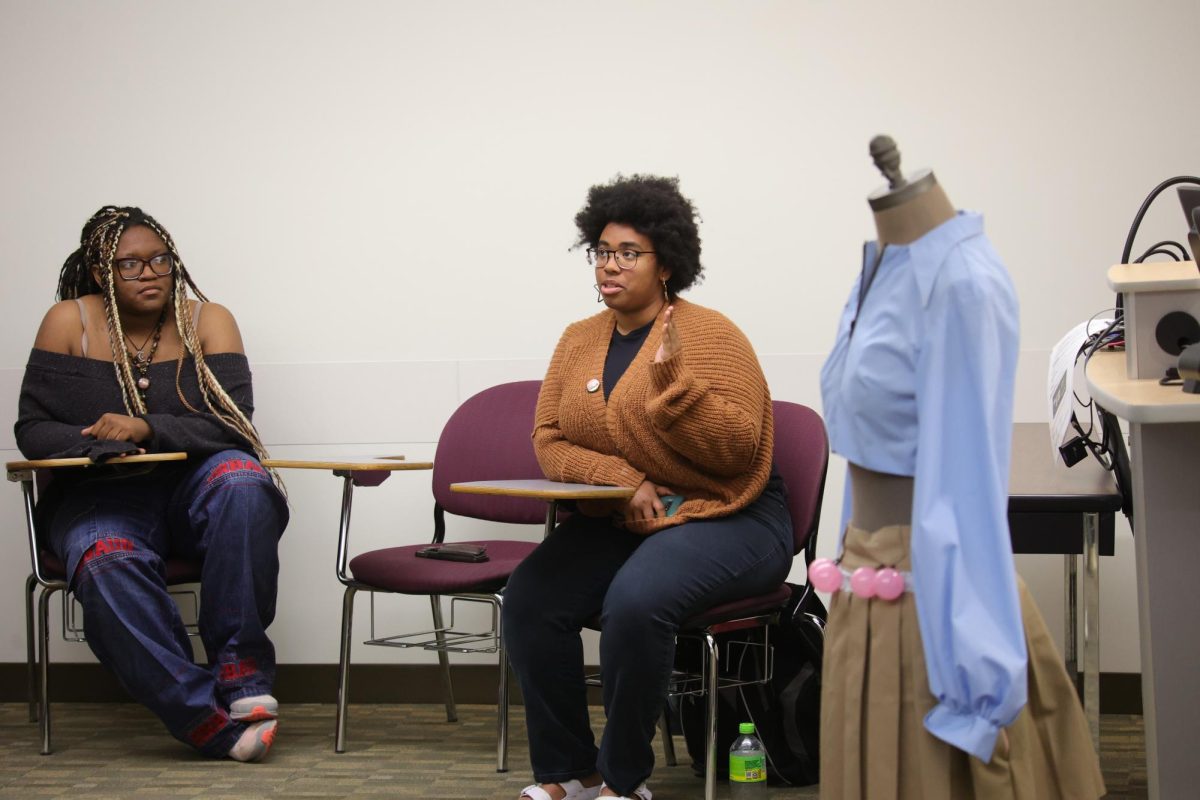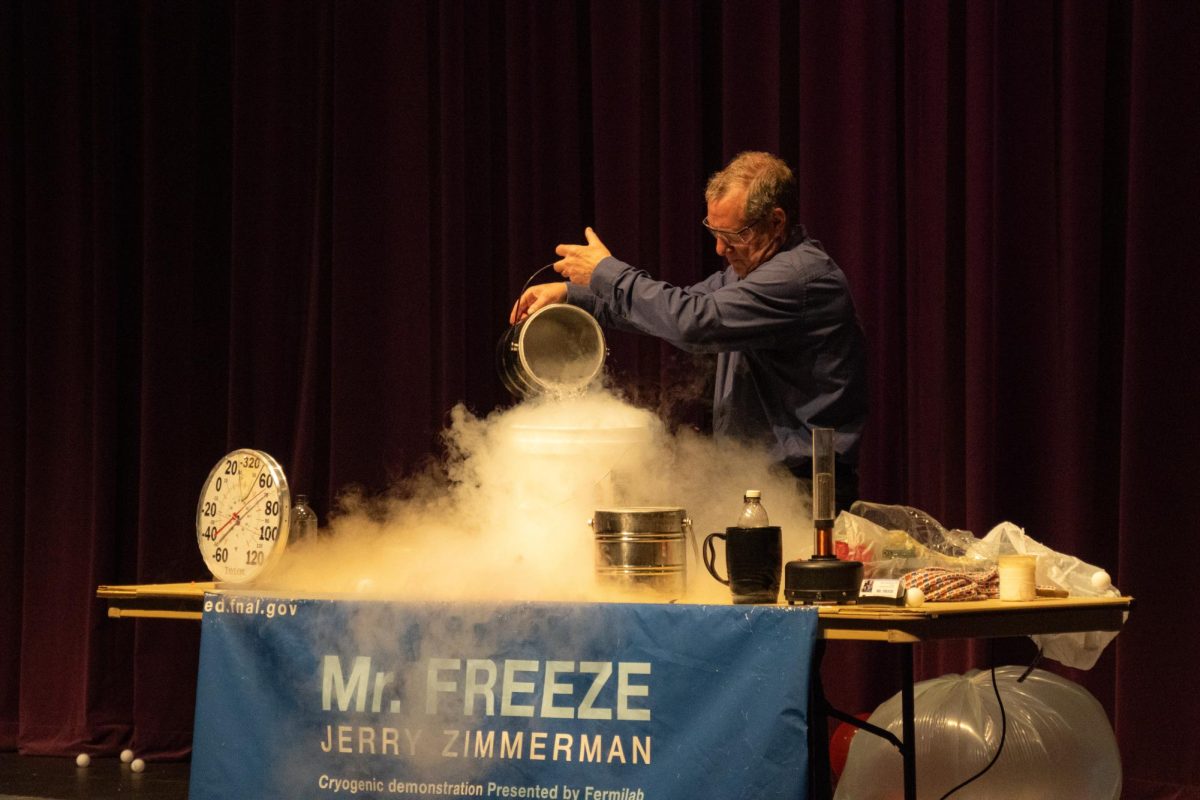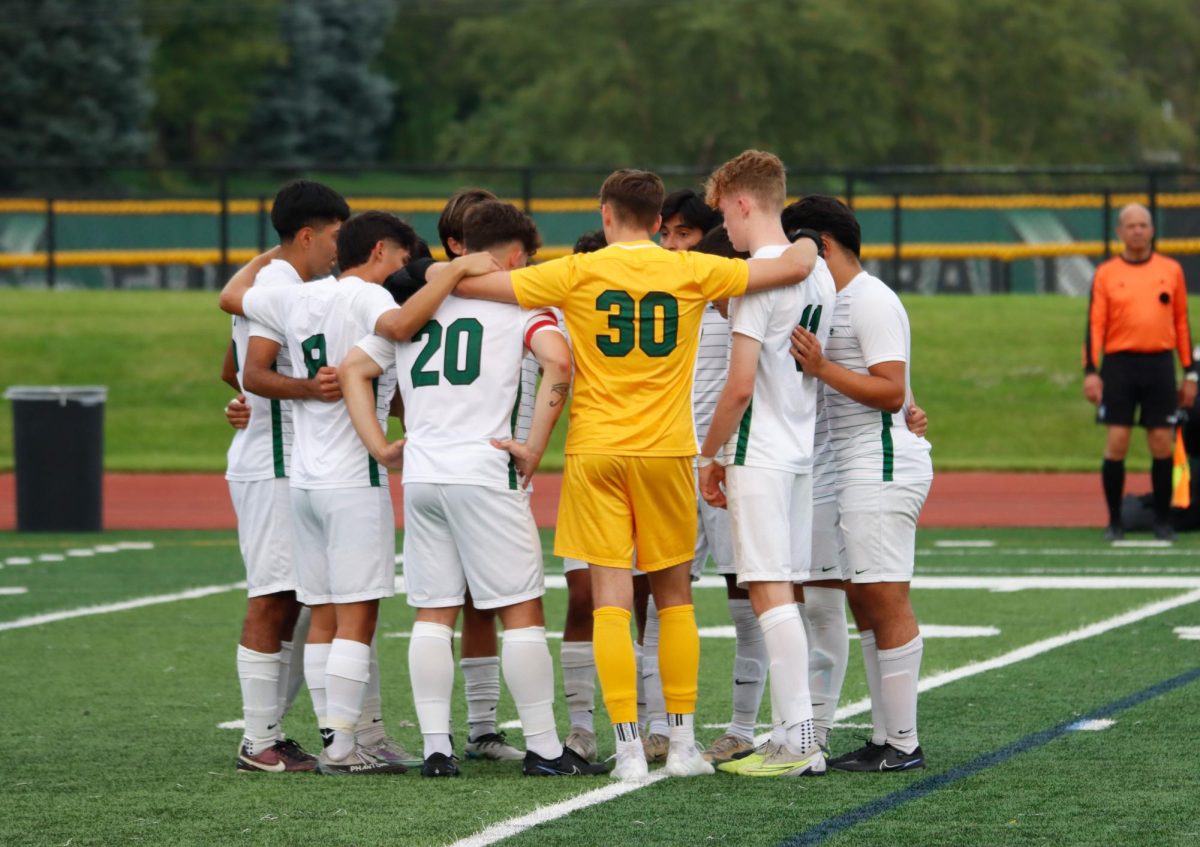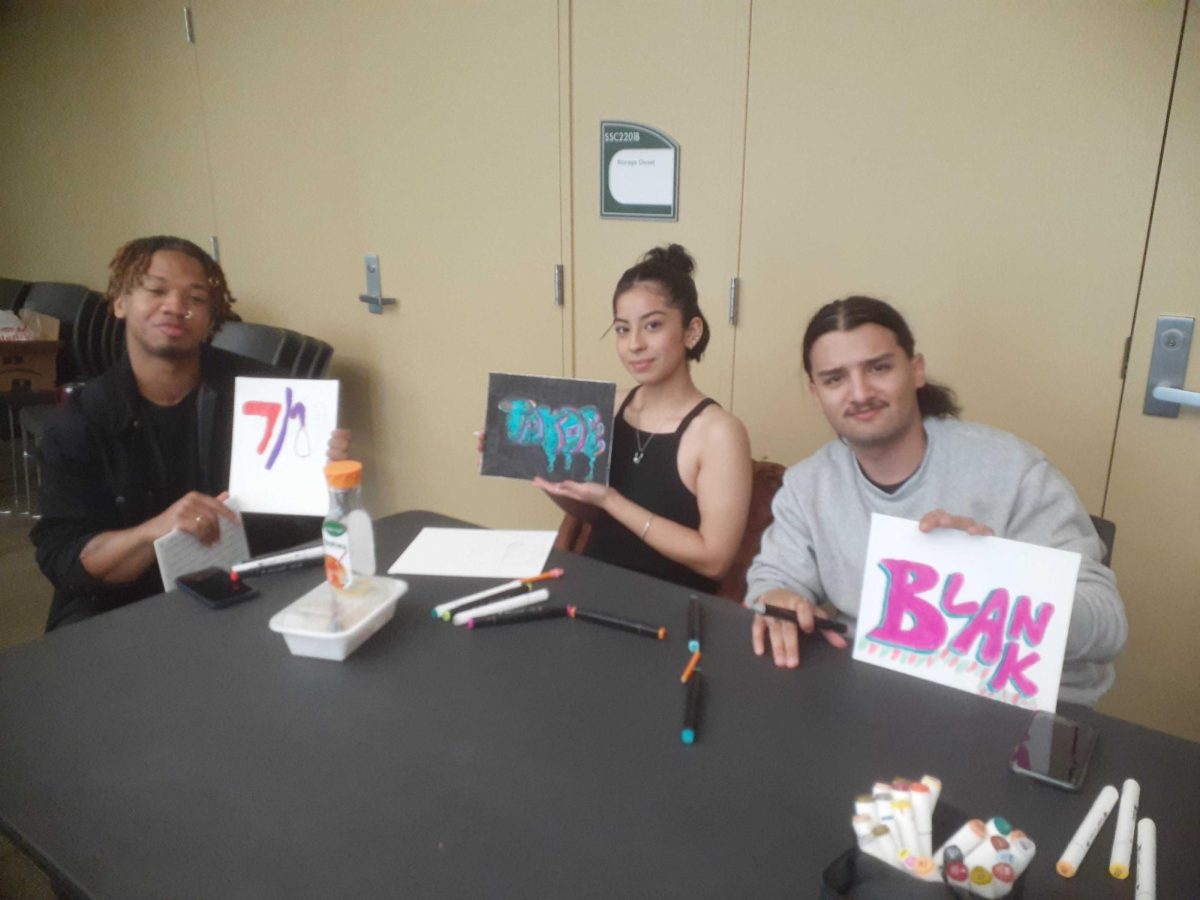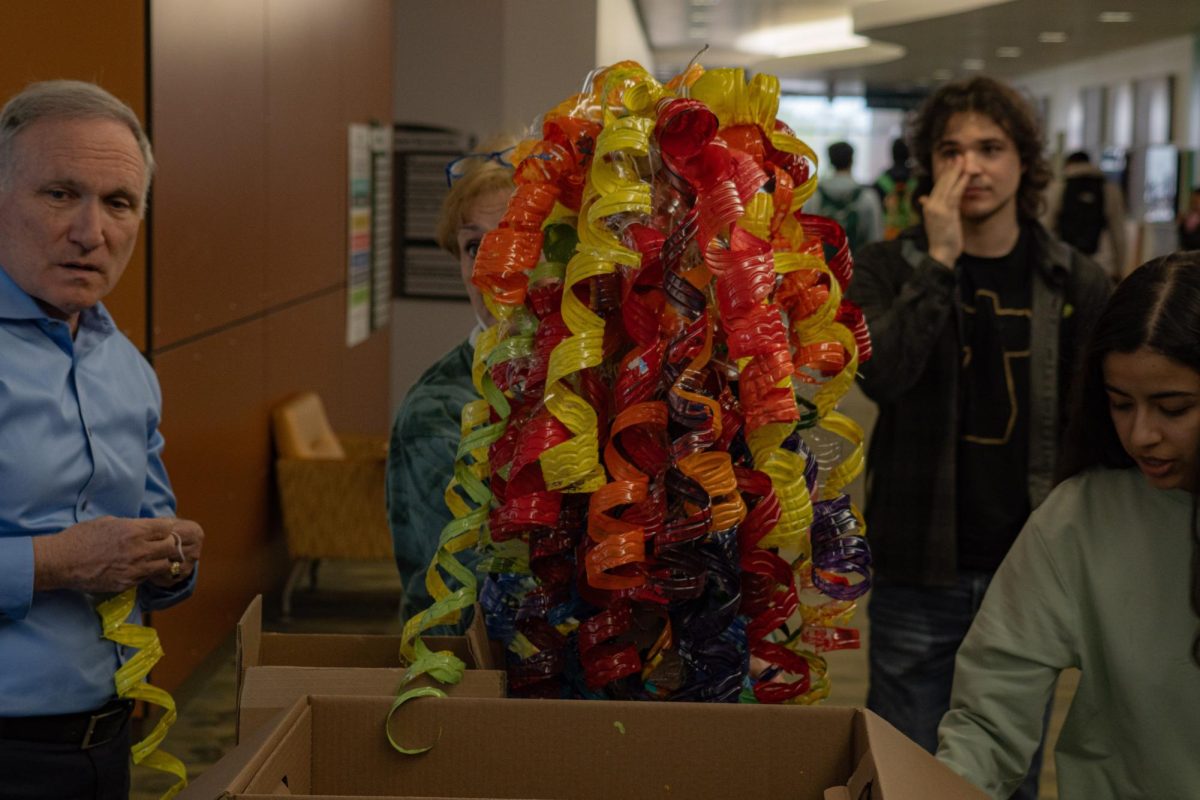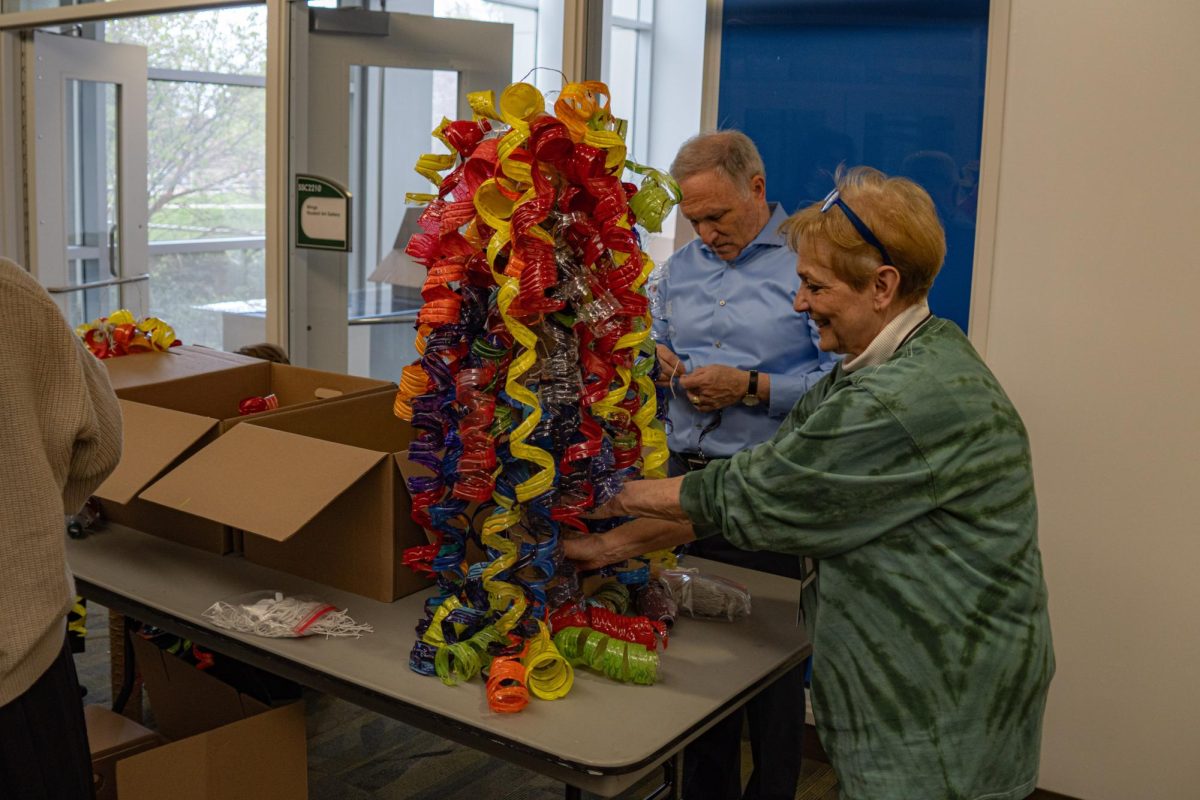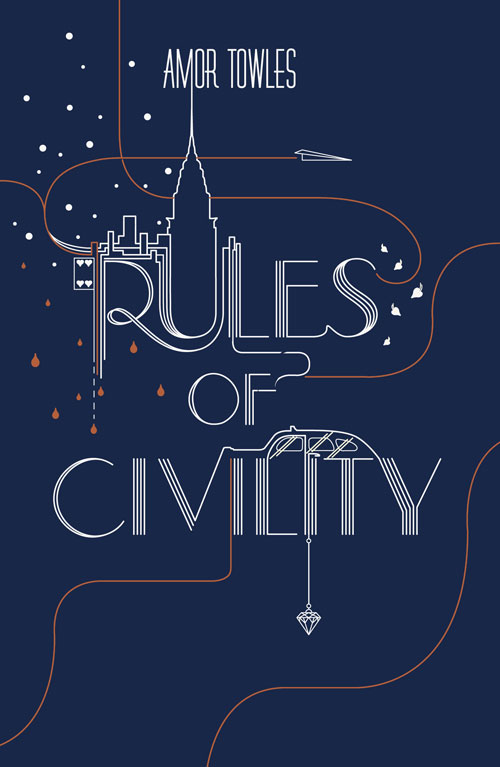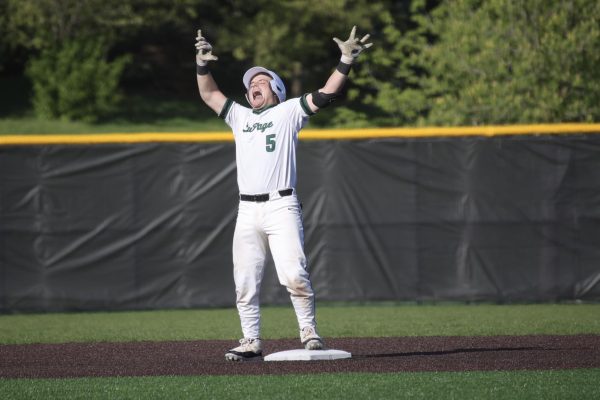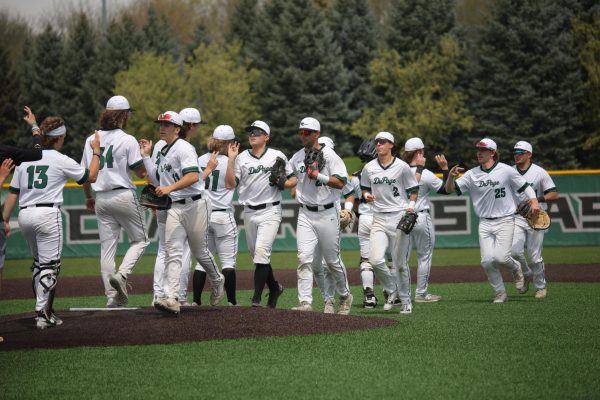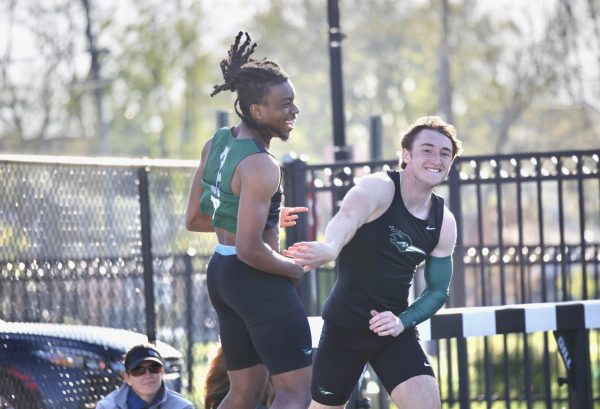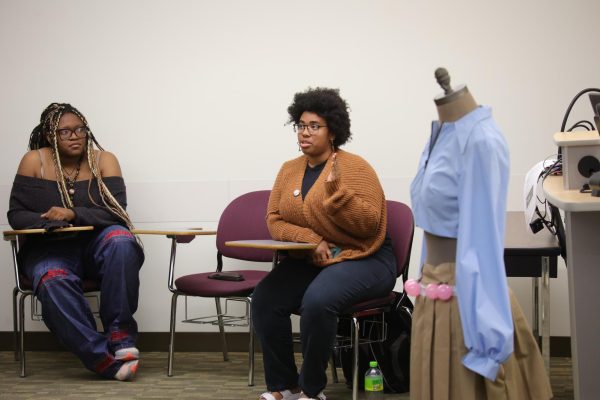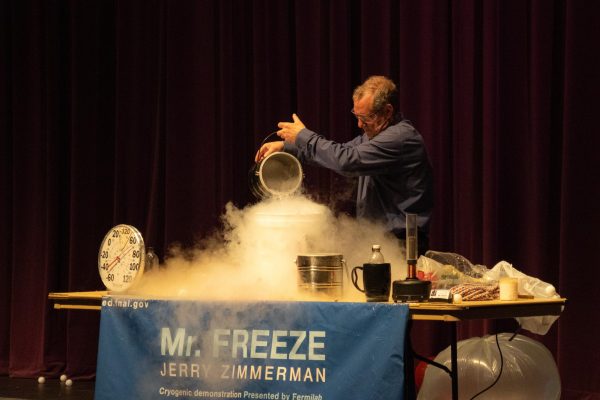The Rise of Black Hair
May 15, 2019
As a young, black man, my hair was just part of what made me different in high school. Too often, that meant negative judgement. People shamed me. Some said my hair looked “nappy,” and it drove me to the point where I cut it off so it wouldn’t be a distraction to anyone.
I’m far from the only black person who has had a negative experience because of my hair. My situation doesn’t even compare to the millions of black women and men who have dealt with far worse hatred because of their hair. But there’s new reason to hope
such hatred may be dying out.
For the first time in history, Miss America, Miss Teen USA and Miss USA are all black women. Cheslie Kryst, Miss USA; Kaleigh Garris, Miss Teen USA; and Nia Franklin, Miss America have set a milestone for women of color who have felt inferior to beauty standards.
Over decades, beauty has become a concept that is welcoming to everyone of race, ethnicity, gender, and sex. It’s important to black culture because for hundreds of years, and still today, we are challenged and judged by what we believe is beautiful.
From magazines to social media, black people are frowned upon for the color of their skin, facial features and body images. Seeing three beautiful women of color win beauty pageants brings back more than just a crown; it’s a blow against the history of dehumanization, segregation, slavery, self hatred and everything else that was made to keep black people powerless.
Natural hair is an accomplishment. Two of the winners embraced their natural hair in the pageant. People who are not of color do not realize the value African-Americans put into their hair and how our hair is our presentation wherever we go.
Taria Murphy, co-president of the Black Student Alliance at the College of DuPage said her natural hair is a point of personal pride.
“It’s beautiful, coily, (has) a mind of its own and needs nourishment and love,” Murphy said.
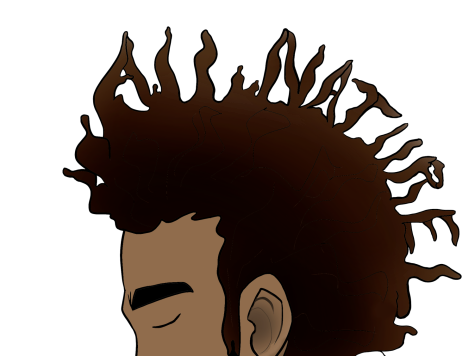
On average, it takes her approximately 2 hours to have her hair done.
“I have super coily, thick hair so it takes longer than usual,” Murphy said. Like so many, she’s also experienced uncomfortable moments because of the looks she’s chosen for her hair.
“They think I don’t have the ‘typical’ black girl hair,” Murphy said. “In middle school there was a white girl who sat behind me in class who was distracted by my hair and decided to tell the teacher about it.”
Other black women were also envious of her hair and used hatred instead of compliments.
“I believe a lot of it comes from other black girls that aren’t natural,” Murphy said.”
She has always felt a connection with her natural hair due to the teaching of her mother, who encouraged her to keep it.
“My mother encouraged me to be natural. The worst thing I’ve done is straighten my hair when I was younger,” Murphy said.
She had to cut her hair, because of heat damage, and felt uncomfortable with her short hair.
“I felt like the perceptions others would have on me determined how I saw my hair. I was so used to it being long, straight and kept because it was ‘acceptable’ to people,” Murphy said. Today, Murphy is starting to see the natural hair community become larger in size.
“You can’t turn left or right without seeing someone with their natural hair, but when I was growing up it was taboo,” Murphy said. “I think people categorize black hair, if you’re light skinned you’re supposed to have mixed-race hair or if you’re dark skinned it’s supposed to be kinky, forcy hair,” Murphy said. “Your hair grows out your scalp based off your genetics, not your skin tone.”
Murphy emphasize the beauty and the importance of embracing your hair. She was excited to hear about the beauty pageant winners.
“As black women we are accepting we don’t need to have straight hair or weaves to compete with white women, even outside of beauty pageants.” Murphy said. “I believe representation matters. Win or lose they still represented themselves in whole,” Murphy said.
It may have been an uprise in the beauty industry, but in the workforce, Murphy believes differently.
“There is discrimination in the workforce when it comes to African American men and women’s hairstyle,” she said. “No one is telling a white woman or man their hair is too straight,” Murphy said. “I believe that it’s people having issues of others looking different than them. The workforces have changes to do when it comes to diversity and inclusion.”
Murphy hopes black children learn to love their natural hair. She wants black children to know the history behind it, why it is so special to her and other black men and women.
“Love it. Embrace it. If you want an afro, wear it, but know the history behind black hair,” Murphy said. “What you have on top of your head does not define who you are. You’re still going to be you.”
Murphy taught me a lesson about my own hair. Natural hair, and its challenges, is common ground for the whole black community. In speaking to others, I was even called out for only going to the ethnic hair aisle in Walmart to use on my natural hair. As we laughed about dry hair, hair products, and the irritation of trying to get a slick bun I couldn’t help but see the smile on each individual’s face as they were complimenting their own hair.
I understand everyone’s hair is different regardless of their race, but it is important to black people and myself that there is recognition of our hair. White people don’t know the history behind it, and what it truly means to the black community when society is starting to embrace a part of us that was never accepted. For non-black readers, this is not to exclude but to educate others on the importance and struggles of the status of our hair in this world.



